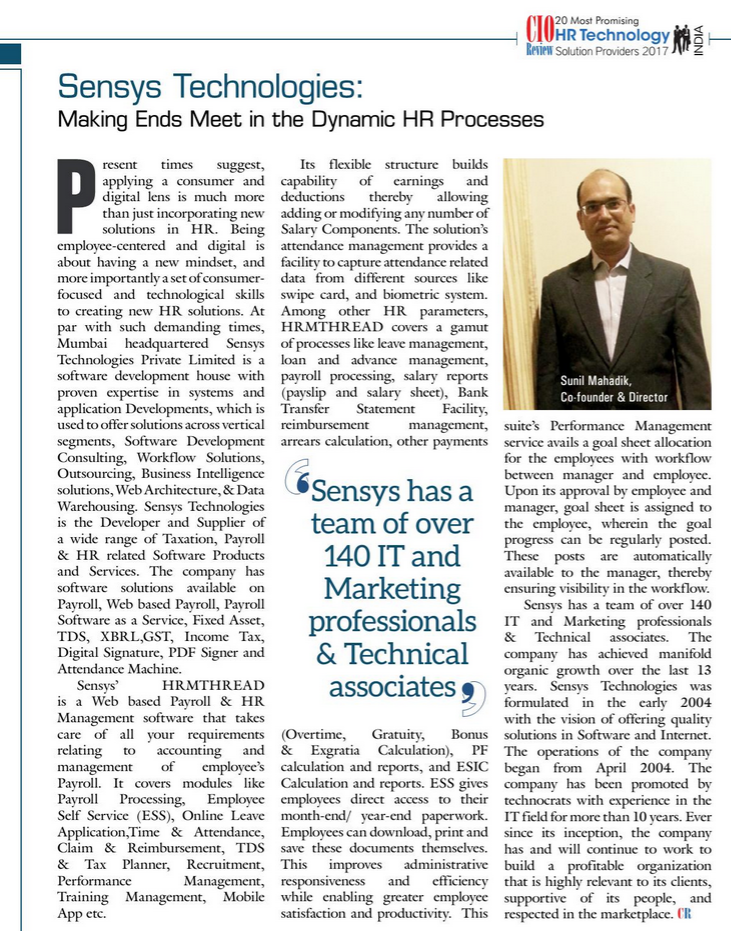GST Implication of second hand and used cars etc
Chargeability of GST: [Section 9]
There shall be levied a tax called the central goods and services tax on all intra-State supplies of goods or services or both,
- Except on the supply of alcoholic liquor for human consumption,
On the value determined under section 15 and at such rates, not exceeding twenty per cent., as may be notified by the Government on the recommendations of the Council and collected in such manner as may be prescribed and shall be paid by the taxable person.
Thus, before liability to pay GST arises two conditions must be satisfied:
- Transaction under consideration must be a supply under GST law
- The transaction must be entered by a taxable person.
Meaning of supply:
As per section 7 of the act, supply includes:
- All forms of supply of goods or services or both such as sale, transfer, barter, exchange, licence, rental, lease or disposal made or agreed to be made for a consideration by a person in the course or furtherance of business;
- Import of services for a consideration whether or not in the course or furtherance of business;
- The activities specified in Schedule I, made or agreed to be made without a consideration; and
- The activities to be treated as supply of goods or supply of services as referred to in Schedule II.
In general the term supply means – “The total amount of a goods or service that is available to be purchased at any set period of time” Thus, in contrast to sale the term supply does to require actual delivery of goods or services to the purchaser.
As regards to sale or disposal of old assets there are specific mention of this in the act as mention below:
| Schedule No | Clause | Details |
| I: Activities To Be Treated As Supply Even If Made Without Consideration | 1 | Permanent transfer or disposal of business assets where input tax credit has been availed on such assets |
| II: Activities To Be Treated As Supply Of Goods Or Supply Of Services | 4 | Transfer of business assets
a) Where goods forming part of the assets of a business are transferred or disposed of by or under the directions of the person carrying on the business so as no longer to form part of those assets, whether or not for a consideration, such transfer or disposal is a supply of goods by the person; b) Where, by or under the direction of a person carrying on a business, goods held or used for the purposes of the business are put to any private use or c) Are used, or made available to any person for use, for any purpose other than a purpose of the business, whether or not for a consideration, the usage or making available of such goods is a supply of services; d) Where any person ceases to be a taxable person, any goods forming part of the assets of any business carried on by him shall be deemed to be supplied by him in the course or furtherance of his business immediately before he ceases to be a taxable person, unless— (i) the business is transferred as a going concern to another person; or (ii) the business is carried on by a personal representative who is deemed to be a taxable person. |
Query:
One of my client is in the business of manufacture and trading of goods. He wants to sell his truck, brought in the erstwhile VAT regime now. Also, he wants to sell his car, used for the purpose of transportation of employees.
My query is will there be any GST implication on the same and if so what will be the rate of GST?
Solution:
GST would be payable on the both of the above transaction if the seller is otherwise a taxable person under the act.
The regular rate (as applicable on the car) will apply. There is no special rate prescribed for sale of second hand cars.
